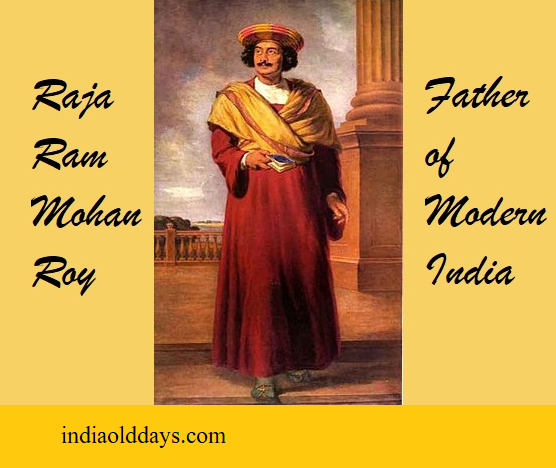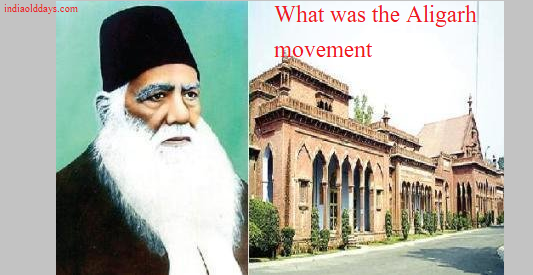What is the Vernacular Press Act and who ended it?
The Indian newspapers strongly criticized the reactionary policy of Lord Lytton. Newspapers of Indian languages also used to strongly criticize British supporter kings and landlords. So they wanted to ban newspapers of the Indian language.
Vernacular Press Act
Though the government was criticized in English-language newspapers also, Lytton did not consider these criticisms as objectionable. So on 14 March 1878, Lytton passed the Vernacular Press Act.
According to this act, it was mandatory for the editors of Indian languages newspapers to make a written assurance to the magistrate or collector of their respective areas that they would not publish.
such articles in their newspapers that spread resentment in public against the government or there is a possibility of spreading communal hatred.
The editors were also told that any news should be accepted by the government official before being published. The right to punish the editors who violated this act was given to the executive in place of the judges.
Lytton’s reactionary policy was strongly opposed by the public. Three members of the council, while expressing their disagreement on the bill, said that due to some foolish journalists, it is not right to apply such oppressive legislation to all, and then there can be public protest due to discriminate with English newspapers and Indian languages newspapers.
This act was criticized in England too. Historian P. E. Roberts has said the reason for the implementation of this Act is, the immediate sound of the newspapers being published in Indian languages seemed treasonous to Lord Lytton, so he considered it necessary to cut extraordinary tolerance.
Although Lord Lytton wanted to control the press by his reactionary policy and species discrimination policy, by this Indians became aware of their political existence and feeling of nationalism began to be strong in India.
So, Lord Ripon ended this Act in 1882 and equal rights were given to all newspapers.
Reference : https://www.indiaolddays.com/





